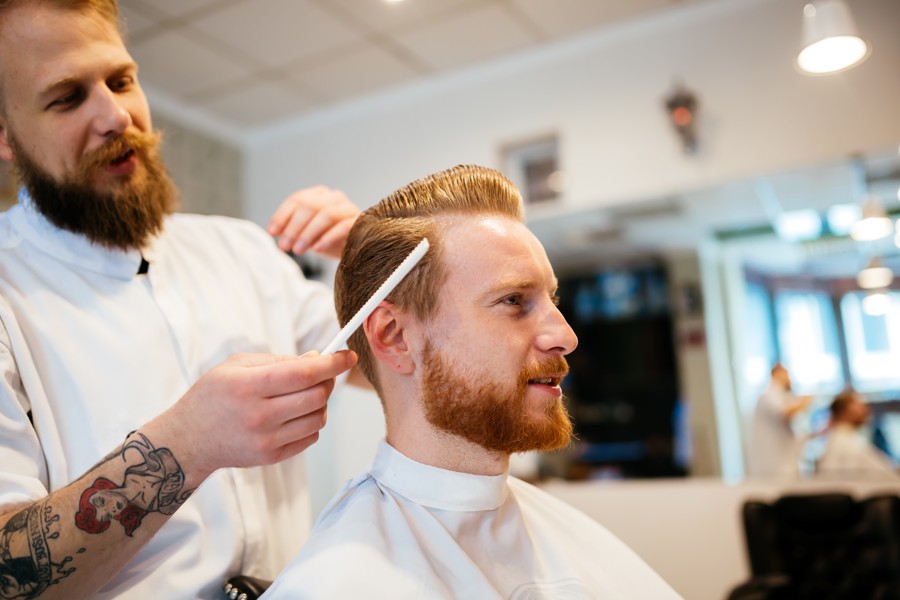Hair Loss – Why It’s Happening
Warning: Trying to access array offset on value of type bool in /home/localfame/public_html/hair/wp-content/themes/betheme/functions/theme-functions.php on line 1478
Warning: Trying to access array offset on value of type bool in /home/localfame/public_html/hair/wp-content/themes/betheme/functions/theme-functions.php on line 1483
Hair Development Endorsed by Biggest Names in Fashion Hair Industry
2 October 2020HD Girl 2016 Competition Launches June 24th
2 October 2020Hair Loss – Why It’s Happening
Warning: Trying to access array offset on value of type bool in /home/localfame/public_html/hair/wp-content/themes/betheme/functions/theme-functions.php on line 1478
Warning: Trying to access array offset on value of type bool in /home/localfame/public_html/hair/wp-content/themes/betheme/functions/theme-functions.php on line 1483
Hair loss happens to many women, many more than people realise. When hair starts to thin or fall out, it can be devastating, people often see their hair as a sign of youth and beauty. It’s a traumatic experience at any age. If you’re suffering from hair loss and unsure why, take a look at some of the causes.
Hormones
Hormonal changes in your body can lead to hair loss in women. This includes life changes such as pregnancy and menopause, which can have an effect on your hair.
Health and nutrition
Deficiencies in zinc, iron, protein and biotin can have a drastic effect on vitmanin absorbption which is needed for healthy hair. A poor diet can lead to hair loss, as can rapid weight loss.
Stress
Women who suffer from severe stress and trauma often report their hair falling out. Stress not only constricts the flow of oxygen and nutrients to the hair follicles, but it also produces too much testosterone which interrupts the hair growth cycle.
Medication
Some medications can cause temporary or permanent hair loss. These include steroids, oral contraceptives, diabetic treatments, heart disease medication and acne medication. Hair loss is also a common side effect of medication used to treat thyroid diseases. Chemotherapy also causes hair to fall out.
Ageing
Our body slowly deteriorates as we age, and this include the hair follicles on the head. As the follicles decline, hair loss occurs.
Alopecia
Alopecia is the official, medical term for hair loss. An estimated 8 million women in the UK suffer from hair loss – many in silence. The causes of alopecia are pretty much unknown, apart from the reasons mentioned above, and some forms of alopecia are hereditary.
What can be done?
Although hair loss can be devastating, it’s important to spot the signs early as there are different treatments available. Women can be diagnosed with a variety of medication, such as steroids or other topical options. However, response rates are fairly low and if hair does grow back it can be fine and depigmented.
Trichologists now recommend laser re-growth therapy, LLLT which has been proven to stimulate hair growth. This option is good for people who are at the thinning stage and aren’t completely bald. The procedure is painless and has a typical success rate of 80%. Alternatively, women suffering from extreme hair loss can choose a suitable hair replacement solution. Using a skin-like membrane and human hair, HD’s replacement solutions offer total confidence.

